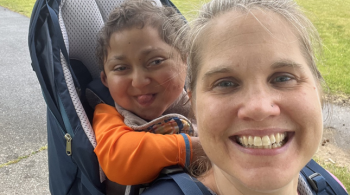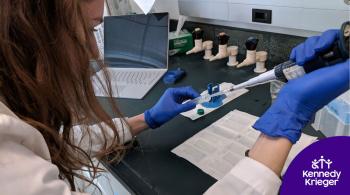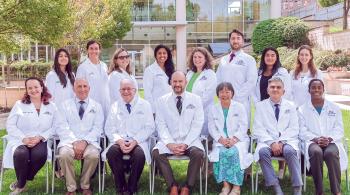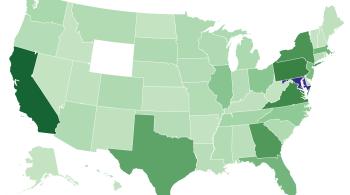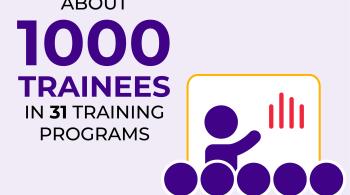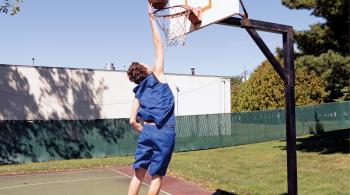BALTIMORE, August 26, 2025— A newly published review from Kennedy Krieger Institute highlights major progress in developing biomarkers to improve the diagnosis and treatment of Sturge-Weber syndrome (SWS).
SWS is a rare neurological disorder that can lead to seizures, stroke-like episodes, developmental delays, and lifelong disability. The study draws on 25 years of research to explore how MRI, EEG, and even urine and blood tests could help detect Sturge-Weber syndrome early. These tools may identify which infants with port-wine birthmarks are at risk before symptoms ever appear.
Dr. Anne Comi, senior author of the study and Director of the Hunter Nelson Sturge-Weber Center at Kennedy Krieger, says these biomarkers can help monitor disease progression, predict outcomes, and guide individualized treatment plans.
“We’re now at a point where we can begin predicting who is most at risk, even before the first seizure,” said Dr. Comi. “This opens the door to starting treatment earlier. It could change the entire trajectory of a child’s development.”
Sturge-Weber syndrome is caused by a mutation that disrupts blood vessel development in the brain, skin, and eyes. Most children with SWS experience seizures in the first year of life, often followed by strokes, cognitive delays, and motor impairments.
Key takeaways from the study include:
- MRI and EEG scans can detect early brain changes and predict seizure risk in infants.
- A specialized score called a “laterality score” identifies which children are most likely to benefit from treatment.
- Urine and blood-based markers of abnormal blood vessel growth are growing as noninvasive tools.
- AI tools are being developed to combine imaging and clinical data to improve diagnosis and risk prediction in newborns.
“SWS is a rare and devastating condition, but decades of dedicated research are helping us better understand how to care for these children,” said Dr. Comi. “Biomarkers are starting to take some of the guesswork out of diagnosis and treatment and bring hope to families.”
The combination of all of this data will improve research for promising new treatments like sirolimus and cannabidiol. Kennedy Krieger plans to launch clinical trials on these therapies soon.
The paper calls for expanded multi-center research, continued development of noninvasive tools, and greater integration of AI to enhance biomarker precision.
Visit our website to learn more about Sturge-Weber Syndrome and research at Kennedy Krieger Institute.
###
About Kennedy Krieger Institute
Kennedy Krieger Institute, an internationally known, non-profit organization located in the greater Baltimore/Washington, D.C. region, transforms the lives of nearly 30,000 individuals a year through inpatient and outpatient medical, behavioral health and wellness therapies, home and community services, school-based programs, training and education for professionals and advocacy. Kennedy Krieger provides a wide range of services for children, adolescents and adults with diseases, disorders or injuries that impact the nervous system, ranging from mild to severe. The Institute is home to a team of investigators who contribute to the understanding of how disorders develop, while at the same time pioneer new interventions and methods of early diagnosis, prevention and treatment. Visit www.kennedykrieger.org/ for more information about Kennedy Krieger.


